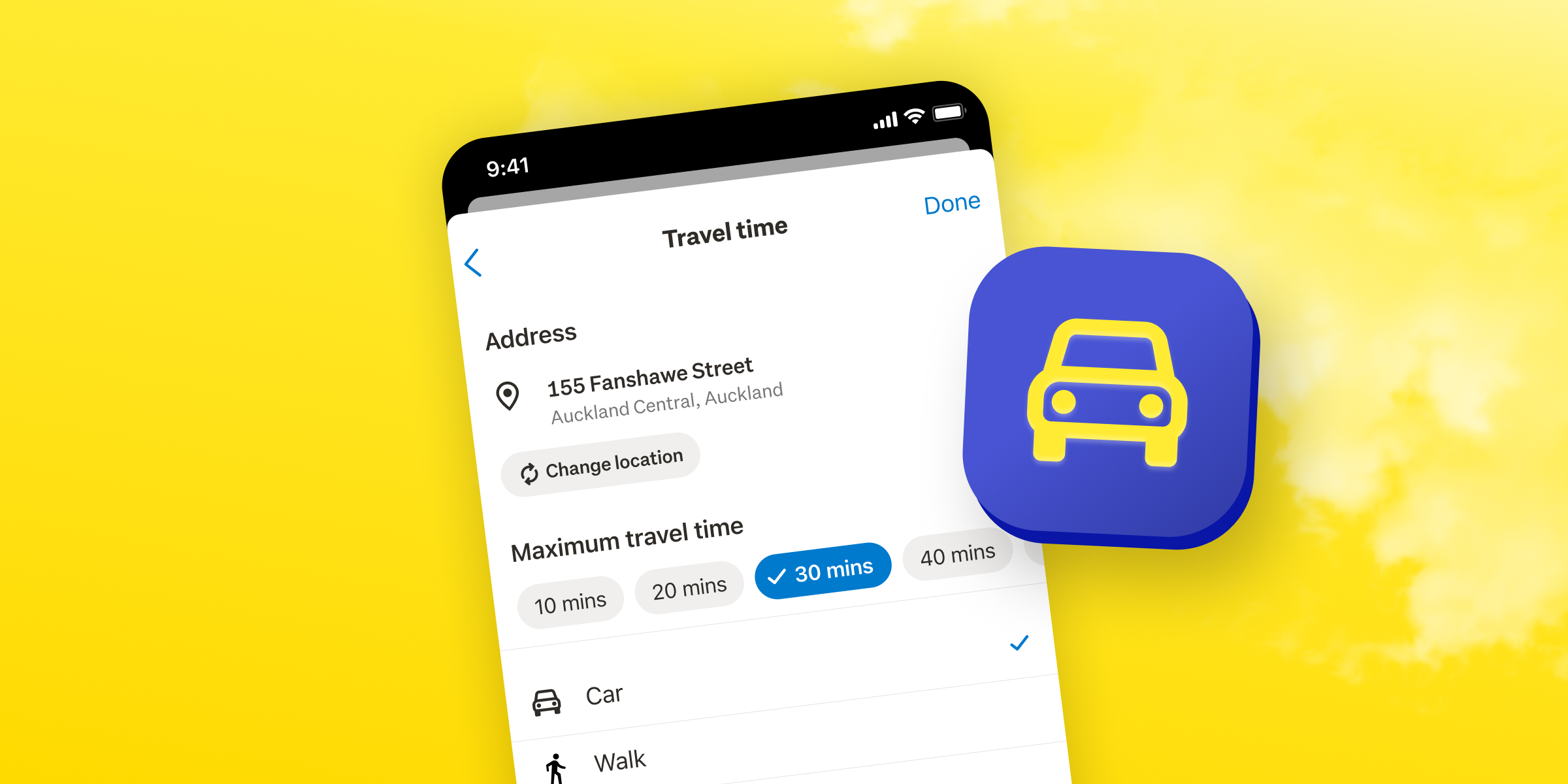Selling guide
Sole agency vs general agency agreements: pros and cons
Do you want one dedicated agent, or many potential avenues to sell?
.png)
What is an agency agreement, and what should it contain?
You need to read and understand every element of your agency agreement.
What’s the difference between a sole agency and general agency agreement?
The pros and cons of sole vs. general agency agreements
How many for sale signs could you tolerate in your garden?
Author
Search
Other articles you might like








